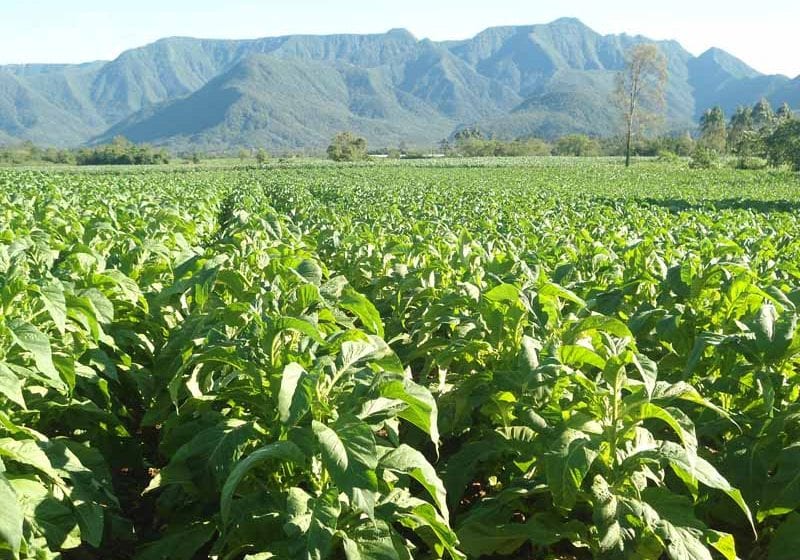Farmer prices ‘not favorable’

Buyers are taking advantage of the ‘high supply’ of tobacco on Malawi’s market to offer prices that ‘are not favorable’ to farmers, according to a Malawi24.com story.
The CEO of the Tobacco Association of Malawi (TAMA) Graham Kunimba that the tobacco sold at auction was ‘pegging at’ US$0.92 per kg while tobacco sold by contract was ‘going at’ $1.45 per kg.
He was said to have described the situation as ‘not a good development’.
“The overall supply of tobacco on the market is higher than demand and this is prompting buyers to have a selective type of buying,” he said.
According to Kunimba, this year’s overall average of prices is 12 percent lower than that of last year’s.
He further said that the ‘variation in prices’ was not good for the sustainability of the tobacco business in the country.
Meanwhile, the Nyasa Times quoted the ‘AHL Group corporate affairs minister’ Mark Ndipita as saying there was no hope for tobacco. “The rejection rate remains with Kanengo Auction Floors registering 75 percent rejection rate, Limbe registering 81 percent and Mzuzu registering 53 percent,” he said.
And he added that low tobacco prices and high rejection rates were forcing farmers to keep their tobacco. “There is more tobacco out there so it is not possible to predict when the buying season will come to an end,” he said.
The Tobacco Control Commission (TCC) CEO Albert Changaya said the tobacco industry was introducing a quota system from next year to deal with the high rejection rate of tobacco.
He said the TTC and the ministry of agriculture would carry out a country-wide census of tobacco farmers and each farmer would be given an allocation based on weight.
“The tobacco buyers have already told us how much tobacco they will need next year; so from the figure, we will know how much kilograms each farmer should grow,” he said.
In another story for the Nyasa Times, Owen Khamula said that officials from Auction Holdings Commodity Exchange were encouraging farmers in Malawi to grow more soya.
“We estimate that if farmers grow more soya, we can get US$I billion just in one growing season, this can be a big boost to our economy,” he said.
